6. The Life Aquatic with Steve Zissou
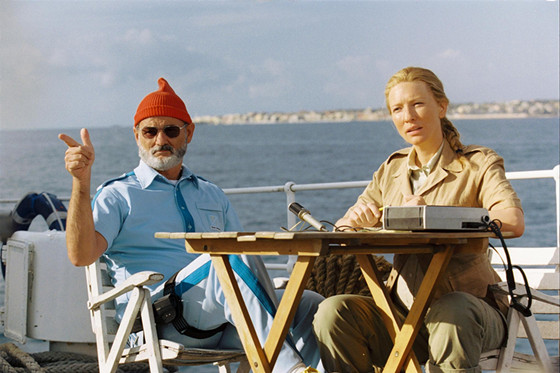
Come on. THIS film doesn’t have an audience? Well, it most certainly does. Wes Anderson has never lost his core fanbase, and his latest outputs (“The Grand Budapest Hotel”, “Moonrise Kingdom”) have helped win over even more admirers. Look at his ratings on Rotten Tomatoes and Metacritic: Those two films, “Fantastic Mr. Fox”, “The Royal Tenenbaums” and “Rushmore” are held in a pretty high regard.
The most noticeable hiccup is “The Life Aquatic with Steve Zissou”. Why, exactly, is this film the lowest rated film in his lineup? Sure, some film has to be. Why is it that this film was previously disliked, though? The reasons critics had for not liking this film (its deadpan nature, its “pretentious” sets, and its silliness) are some of the reasons why his other works are so highly regarded.
“The Life Aquatic with Steve Zissou” may have come after the wrong film. “The Royal Tenenbaums” was a game-changing film (that succeeded “Rushmore”, another earth-shaker). “The Life Aquatic” maybe didn’t live up to the previous film (depending on who you ask, of course, as it is apparent that Anderson’s filmography definitely can be interchangeable when ranked), but that doesn’t mean the film is bad.
If anything, the cult audience that still adores the film can attest to this. Does “The Life Aquatic” have some of the best cinematography in a Wes Anderson film? You sure bet, and that’s a big feat when the guy’s made some visually stunning works. Is the sarcasm and awkwardness strong? Absolutely. How is the acting? Can you go wrong with such a cast?
The film could have just been a little bit too Wes Anderson for a community that was still warming up to his distinct style. Now that his works are still being highly regarded (“The Grand Budapest Hotel” was a major awards darling), and his older material is getting cemented in film history, we should all give this bizarre oceanography tale another go. We’re clearly accepting Wes Anderson at large now.
7. My Blueberry Nights
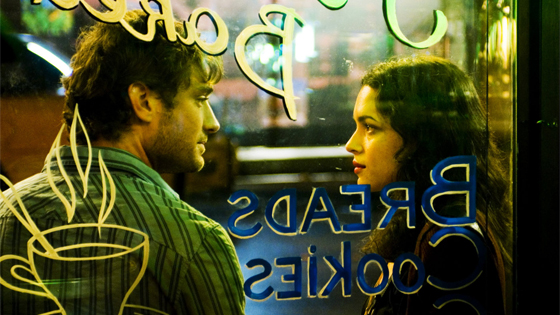
This is in no way even close to being the best thing Wong Kar-wai has released. In fact, it is safe to say that it is close to being one of his worst films. Why would a worst-anything be on a list that is meant to clear the name of misunderstood films? Well, you may come to learn that Wong at his worst is still leagues ahead of the best of many others. “My Blueberry Nights” was his first English language film, and it starred Norah Jones in her first acting performance.
It is a thinly plotted road film that takes its main character as far from her love interest (Jude Law) as possible, and then retraces her steps through the likes of other characters (Rachel Weisz, David Strathairn, Natalie Portman). Like other Wong Kar-wai films, “My Blueberry Nights” is based more on the connectivity of the characters and their experiences than the stories that could be told through objectives.
The clearest way the gaze toward this film can be adjusted is to stop comparing this film to the other works of Wong Kar-wai. Just because this film may not match up to “Chungking Express” or “In the Mood for Love”, that doesn’t mean it is a substandard film. It has a different kind of rush within it. Instead of coasting with the struggles of the depressed and gripping onto the anxieties of the confronted, “My Blueberry Nights” rests with the confessions of the curious.
Many characters here target Lizzie (Jones) to find out more about her, and we end up learning more about them as well. Now that the wave of films inspired by Wong are lighting the world on fire (namely “Moonlight”), maybe his American effort can be reevaluated simply as a film, and not as the work that cannot live up to his best.
8. Showgirls
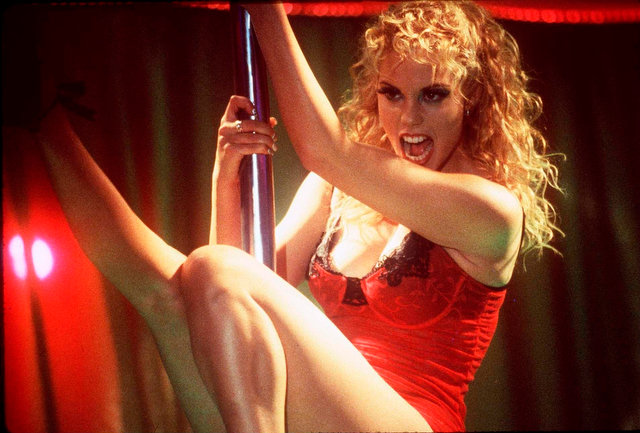
“Showgirls” has lived a few lives, despite the fact that it seemingly gives the impression that it would have crashed and burned really quickly. It was immediately panned and skewered when it was first released.
It has become a so-bad-it’s-good flick that gets put on ironically. Now, we are at a new stage of life of “Showgirls” after its swift death: the reconsideration stage. Adam Nayman released a well-regarded book titled “It Doesn’t Suck: Showgirls” that dissects the film that many would rather just chuckle at its surface qualities with.
Paul Verhoeven has made enough films that tiptoe on the line of cheesy and deep (“RoboCop”, “Basic Instinct”), and has even made the recent thriller “Elle”; could he possibly not know what he was doing with “Showgirls”? As well, what about “Starship Troopers”? He can clearly create satire. That isn’t to say that good directors aren’t capable of disasters, but it’s something to consider.
With that in mind, there was absolutely no way that Elizabeth Berkley’s scenery-chewing performance (of which has to be up there with the most over-the-top works in history) wasn’t planned to be that way. The cinematography is pretty decent, the editing isn’t atrocious, and the pacing is all pretty steady.
The writing may contain some appalling lines, but that almost feels entirely intentional. If the hideous conversations are meant to be there, who is to say the gaudy performance of Nomi wasn’t? “Showgirls” definitely has been questioned as a tricky piece of satire, and if you go in thinking it is one, it certainly plays all of the right cards to be one (and, no, not in the way “The Room” is a “dark comedy”; nice try, Tommy WIseau). “Showgirls” has been enjoyed for the wrong reasons, but this could be a rare exception where the wrong reasons were actually right. There’s no reason why you couldn’t enjoy it for both, though.
9. War and Peace (1956)
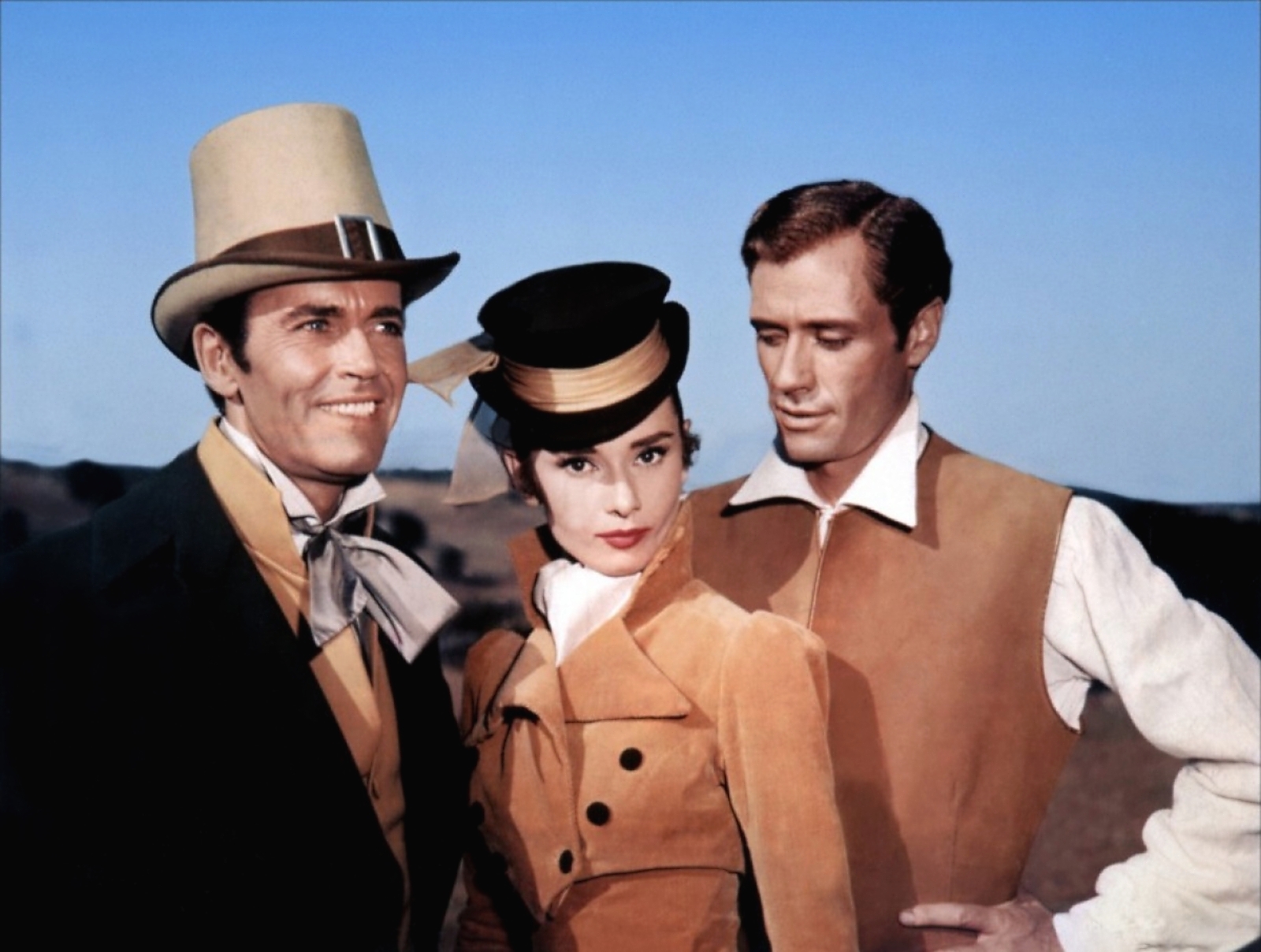
Oh boy. Anything “War and Peace” is immediately a massive undertaking. This 1956 rendition of the Leo Tolstoy epic is no different, with its more than three-hour run time, and its elaborate production will definitely not go unnoticed when watched (no matter if you end up being a fan or not). Present in the film are cinematic greats like Audrey Hepburn, Henry Fonda, Mel Ferrer, Anita Ekberg, Oskar Homolka and more.
Yes, the film is impressive on paper (as well as audacious), but it just didn’t sit well with critics at the time. Was it because King Vidor (who has made some of cinema’s finest works including “The Crowd”) and the massive amount of screenwriters (eight, to be exact!) decided to focus on the relationships of the characters as opposed to the actual invasions and events that take place?
In the age of technology, many have lost the patience to sit down for something this long. However, there is also the ability to pause and return to a film. I personally don’t like stopping a feature prematurely unless it is the worst of the worst, as I try to get a sense of how the film is meant to be viewed. Yet, I am often told by other filmgoers that it isn’t uncommon to try and enjoy one film in different parts. We all have a lot on our plates, so this doesn’t seem too unorthodox nowadays (perhaps 10 years ago it may have been a different story, but Netflix and other streaming services seem to have made this okay).
We also won’t stick too closely to the source material (unless it is your objective to compare the two works), since “War and Peace” has been reimagined countless times and in countless ways. In short, Vidor’s “War and Peace” may be seen in a new light because of the option to take smaller, digestible bites of the film, and because of the ability to enjoy the film within your own comforts and confinements.
Note: I usually suggest that a film is to be seen as intended (in full, usually) and with the best environment possible, but other films are being given a pass due to the reasons I have mentioned; why not “War and Peace”, too?
10. Lost Highway
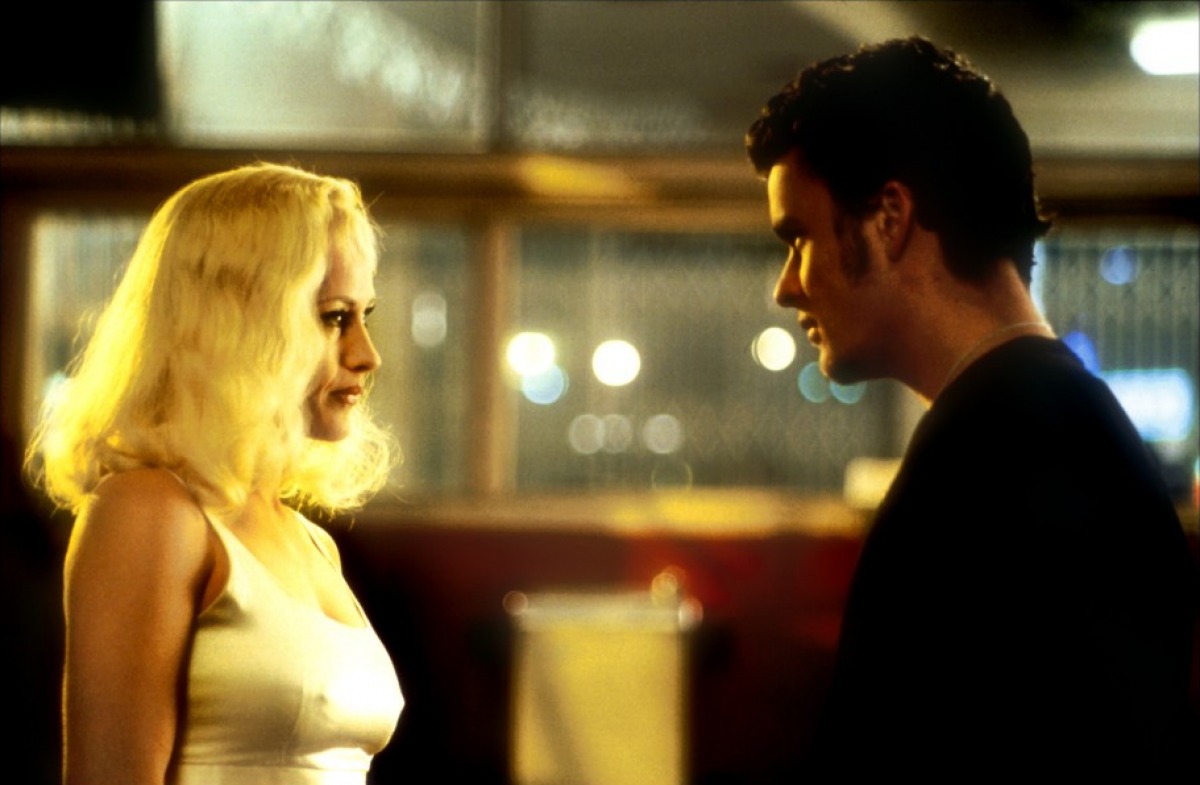
David Lynch’s answer to “Pulp Fiction” already has some kind of an audience, but the appreciation this film has doesn’t quite feel strong enough. Is “Lost Highway” his magnum opus? Absolutely not (not to me, anyways). However, while some of his films are better suited for the cult crowds they have drawn (the absurdist “Wild at Heart”, the unexplainable “Inland Empire” and the hardcore “Twin Peaks” fans that are drawn to “Fire Walk with Me”), “Lost Highway” is a David Lynch film that should be discussed outside of the circle that appreciates it.
“Mulholland Drive” is considered a millennium masterpiece 17 years after its creation. “Blue Velvet” and “Eraserhead” are also experiencing their legacy-cementing praises. What can “Lost Highway” offer us now? Fragmented plots, dream passages and aesthetic cores are received much better now (could you imagine something like “Drive” being as widely beloved during the 90s?). The safe approaches that critics had back in the 90s is disappearing; artistic and experimental films are being treated with much less hostility now.
As well, with the internet being a possible component to a film’s success now, “Lost Highway” has already assembled its cult fan base through those who found a mutual love for it online. “Lost Highway” will no longer feel like a fish-out-of-water film that is trying hard.
One final piece of information that may help: “Twin Peaks: The Return”. The revival season of Lynch’s television show is much closer to the likes of “Lost Highway” and “Inland Empire” (as well as “Fire Walk with Me”, of course) than it is the original two seasons. Maybe give “Lost Highway” a shot if you’re digging the new season, because it is somewhat of a lost gem.
Author Bio: Andreas Babiolakis has a Bachelor’s degree in Cinema Studies, and is currently undergoing his Master’s in Film Preservation. He is stationed in Toronto, where he devotes every year to saving money to celebrate his favourite holiday: TIFF. Catch him @andreasbabs.